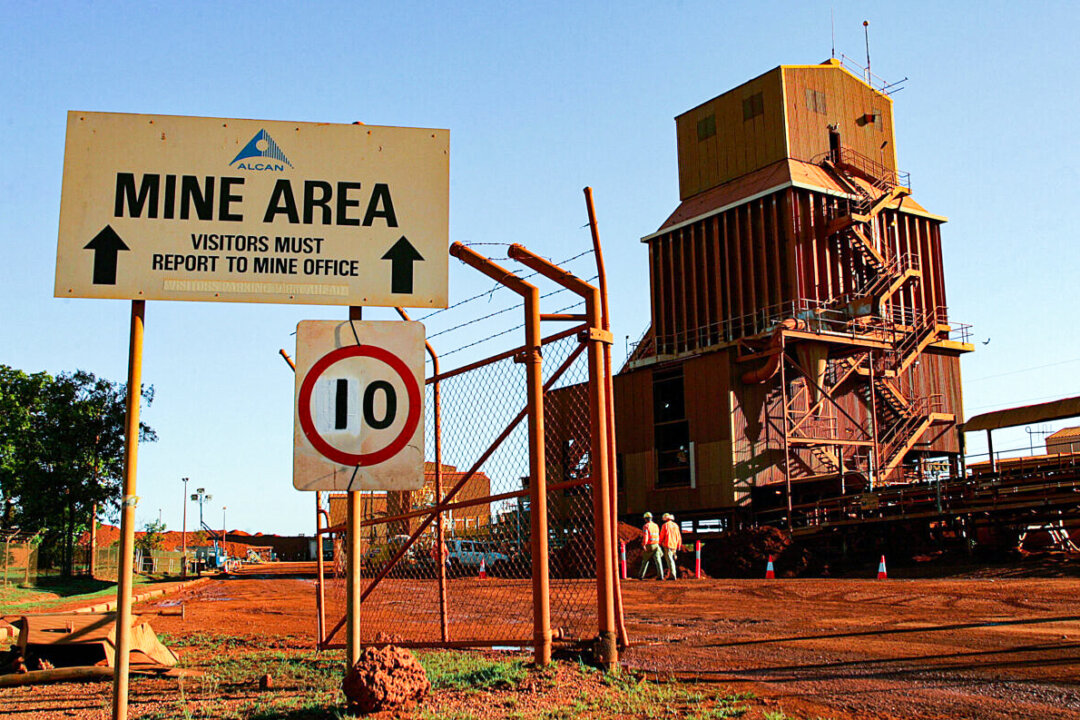Australia, a titan in the global resource sector and its largest export economy, is witnessing a worrying decline in its appeal as a premier mining investment destination, according to a significant new industry report. This shift raises critical questions about the nation’s economic competitiveness and its future standing in the global investment rankings, despite its rich mineral endowment.
The recently unveiled Annual Survey of Mining Companies 2024 meticulously compiles its global investment attractiveness rankings by evaluating both geological asset quality and the efficacy of mining-friendly policies within each jurisdiction. The comprehensive nature of this survey provides a stark, data-driven perspective on the perceptions of mining companies worldwide regarding operational ease and regulatory environments.
A recurring and major impediment cited by survey respondents across Australia relates to protracted permit delays, which severely hamper exploration and development timelines. For instance, a mere 9 percent of companies operating in the Northern Territory, 13 percent in Queensland, and 16 percent in South Australia reported receiving their crucial exploration permits in under two months, highlighting systemic inefficiencies within the Australian mining industry.
Furthermore, the perceived overreach of the federal government on environmental grounds constitutes a significant barrier to investment. Mining executives consistently express concern that interventionist environmental regulations, while ostensibly aimed at protection, often lead to project cancellations and considerable uncertainty, directly impacting the resource sector’s long-term viability and attracting capital.
Indigenous land claims and disputes represent another profound challenge, frequently resulting in project stoppages and creating an unpredictable operational landscape for miners. One striking example cited in the report involved the complete blockage of a new gold mine by Indigenous elders, illustrating the complex interplay between land rights, cultural heritage, and large-scale industrial development in Australia.
Beyond environmental and land issues, the Australian mining industry contends with burdensome tax requirements and an labyrinthine approval process. These multifaceted regulatory complexities, coupled with a lack of inter-agency communication, contribute to a pervasive sense of uncertainty for both potential investors and existing exploration companies, thereby diminishing the nation’s overall investment attractiveness.
Critics, including Nationals Senator Matt Canavan, have voiced strong concerns regarding Australia’s slipping position, noting that the country now trails emerging mining jurisdictions like Tanzania, Namibia, and Indonesia in the global investment rankings. Senator Canavan emphasized the dire consequences of this decline, asserting that a failure to attract investment will inevitably jeopardize high-paying jobs and the broader economic competitiveness of the nation.
As the global mining landscape continues to evolve, Australia’s diminished appeal signals a pressing need for policy recalibration to restore investor confidence. While nations like Finland have ascended to the pinnacle of global mining attractiveness through streamlined processes and clear regulatory frameworks, Australia must critically assess its approach to remain a formidable player in the international resource sector.





Leave a Reply